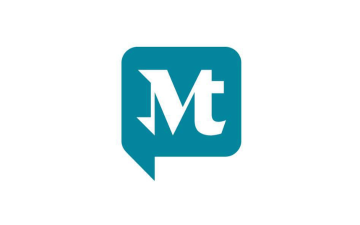Mark Hinojosa had a checkered past as a city employee. He consistently performed well in his position but had been the subject of several allegations of sexual harassment in the workplace. In one instance, he had been warned for using his city e-mail account to post online personal ads (and then showing his co-workers some of the responses he got). In another, he had been required to attend sexual harassment training after loudly retelling inappropriate jokes.
For the last several years of his employment, however, he had managed to keep his record clean. Recently, he capitalized on his expertise and left his city job to work with a private consulting firm.
When a City Council member resigned following an ethics scandal, Mark decided to run for the seat in the next election. He made his experience working for the city the centerpiece of his campaign. Seeking to contrast himself with the prior incumbent, Mark adopted the slogan “Hinojosa: Experience Meets Integrity.” In interviews and advertisements, he was quoted as saying, “Enough is enough. This city needs leaders who can do the job while upholding their principles. In my time working for the city, I served honorably and ethically. If you elect me to the council, I will do the same.”
Since he lauded his public employment so much, it wasn’t long before reporters contacted Louise Kerns, his former supervisor. They asked her what kind of an employee Mark was, and if he had run into any problems. They also asked Mark to release copies of his employment records, but so far he hadn’t responded to the request.
Louise was conflicted. On one hand, Mark’s performance on the job had been good. He always beat deadlines, anticipated problems, and was proactive in coming up with solutions. On the other hand, in her opinion, he had demonstrated poor judgment in the office, and that had affected the entire workplace. His disregard for his co-workers and misuse of city property troubled her.
Louise decided to be up-front about her concerns, and called Mark to let him know what she was considering. He seemed irritated at first but ended the conversation by saying, “It’s your call, Louise. Do what you think is right.” After she hung up, the phone rang again. It was another reporter.
Questions:
Should Louise disclose Mark’s problems in the office?
Does Mark have an obligation to disclose his employment history?
Roey Rahmil was a 2006-07 Hackworth Fellow at the Markkula Center for Applied Ethics.
June 2007



